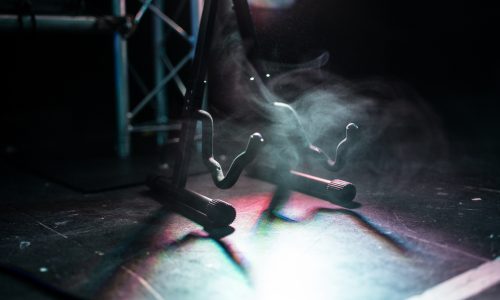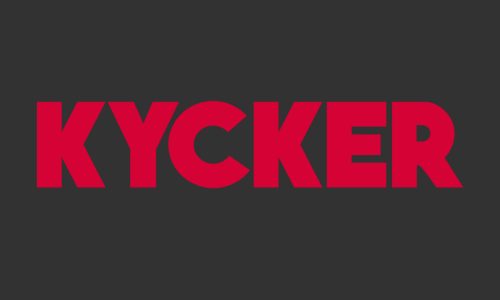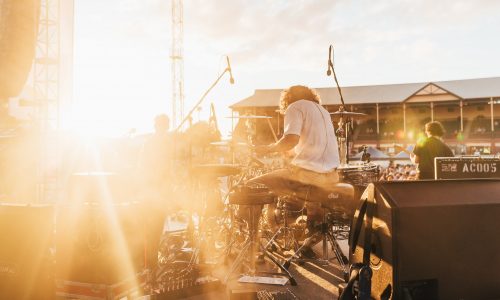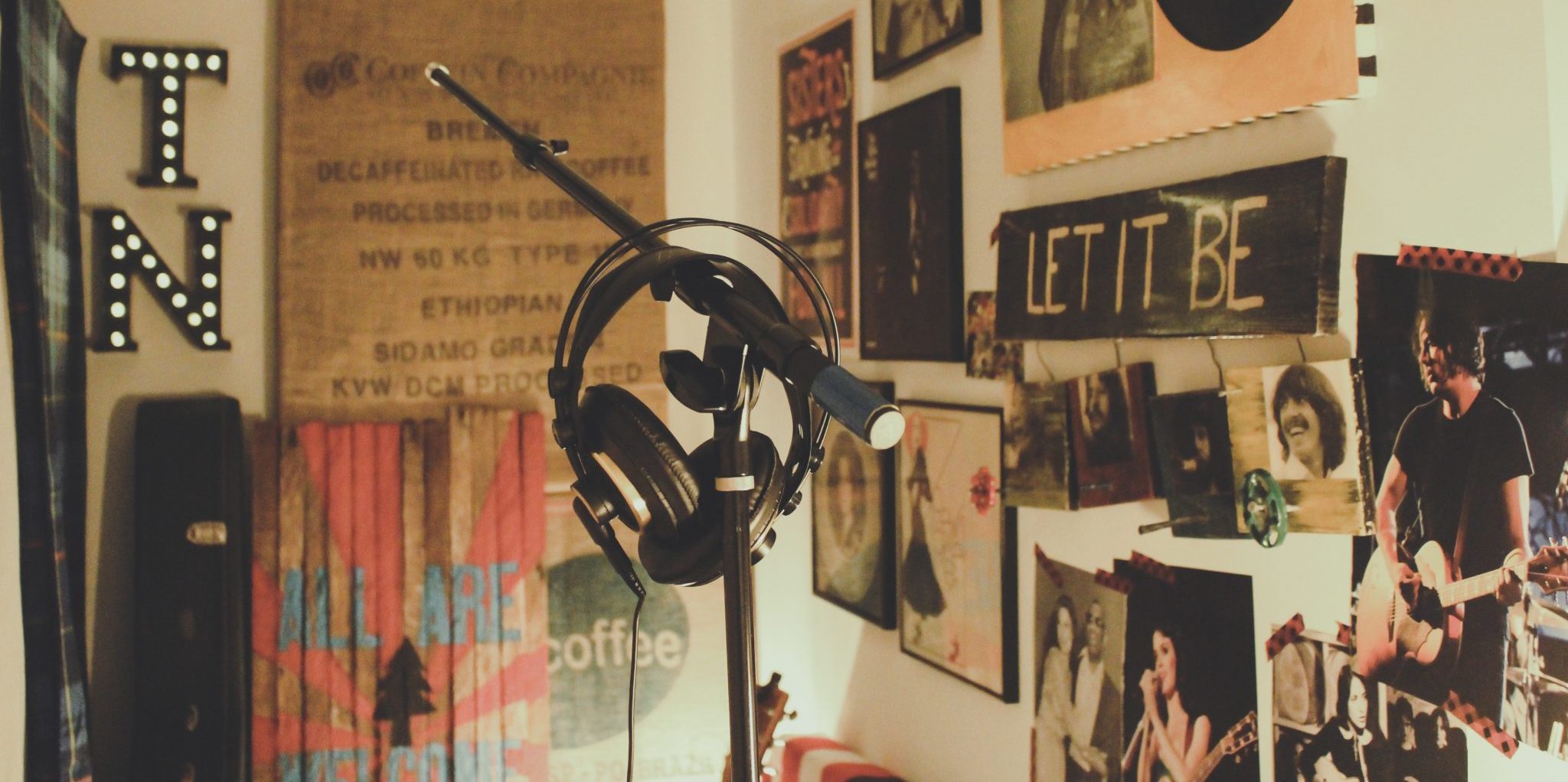
What The F*** Is Music Publishing?
- Artist Development
- 9th April 2018
- Joe Robinson
Music Publishing can be quite a confusing subject for new artists, but it's vital if you want to make a career from your music, so we're here to walk you through it!
So, What Is It?
In every industry on earth, ‘Publishing’ is the process of releasing something into the world for public use. But in the music industry, we just HAVE to be different. ‘Music Publishing’ is the process of registering your original music for monetisation with a Performing Rights Organisation, which in the UK is the Performing Rights Society, or PRS for short. This then allows you to earn royalties every time this song is played. So how does it work? Music Publishing can be quite a long process, but fear not, we are here to walk you through it.
Step 1) - Write Your Music.
Write your song. Only originally written music is eligible for publishing. You can’t just cover a Billy Ocean song and claim it as your own, no matter how much you love “Caribbean Queen”. That would be stealing. Then you have to pick a publisher. In the UK, your cup runneth over with music publishers. Some labels do it, and some publishers work independently. You can also publish directly with the PRS, but this does cost a fee. At the end of the day, different organisations work best for different artists, it all depends on who you create a good working relationship with. For a few songwriting tips, click here!
Step 2) - Register Your Music.
Register your song. A song does not have to be recorded for you to publish it. As soon as a song is put down in tangible form (written lyrics etc.) it belongs to you, as your intellectual property. When you register your song you will need all the writers and the writers split you have agreed on. This is something that should be agreed upon between yourselves. If the song was mostly written by one of you, then maybe give them a bigger cut, and everyone else gets smaller cuts depending on their contributions, such as riffs or rhythms. Once you have stated this, you can send the song off for registration. That song will be assigned a Tunecode, which is a short code that registers it as a published song and allows it to be monetised!
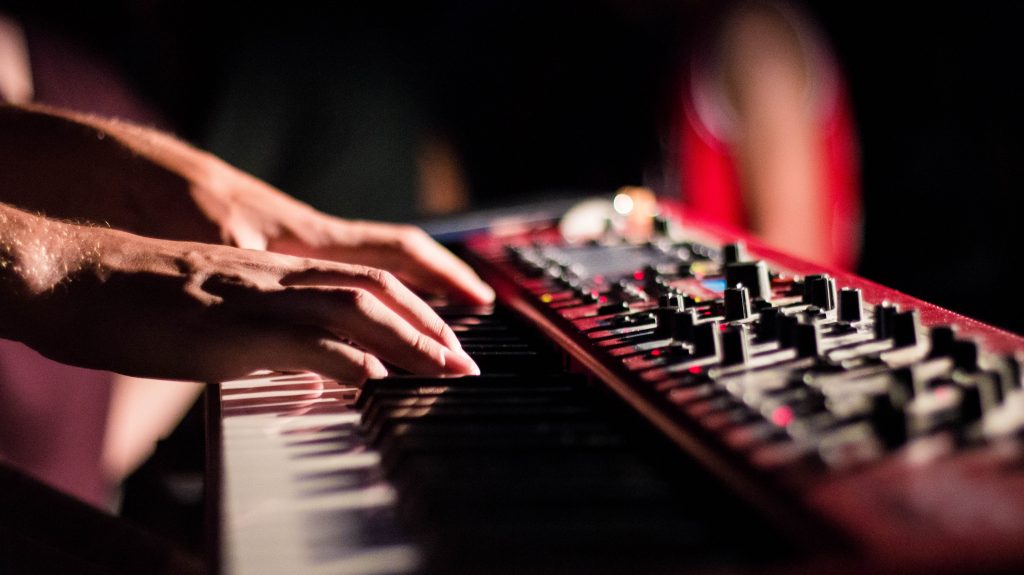
Step 3) - Claim Your Royalties.
Collect your royalties. Every time your song is performed (this can be live at a gig, on the radio, on TV etc.) you can process a claim through your publisher. How much you earn through each claim is dependant on it’s size. A play on BBC Radio 1 will pay more than a gig at your local bar. It may seem like each gig is not generating much in the way of royalties, but as you do bigger and better gigs that gather bigger crowds in bigger venues, supporting bigger artists, your royalties will get (you guessed it) bigger, and can provide a nice little bit of income for you.
Sound complicated? It doesn’t have to be. Kycker has streamlined this entire process so you can process your claims automatically at the click of a button, but it is entirely dependant on what is right for you. We hope this has given you a little insight into just what the f*** all this Music Publishing business is about!
